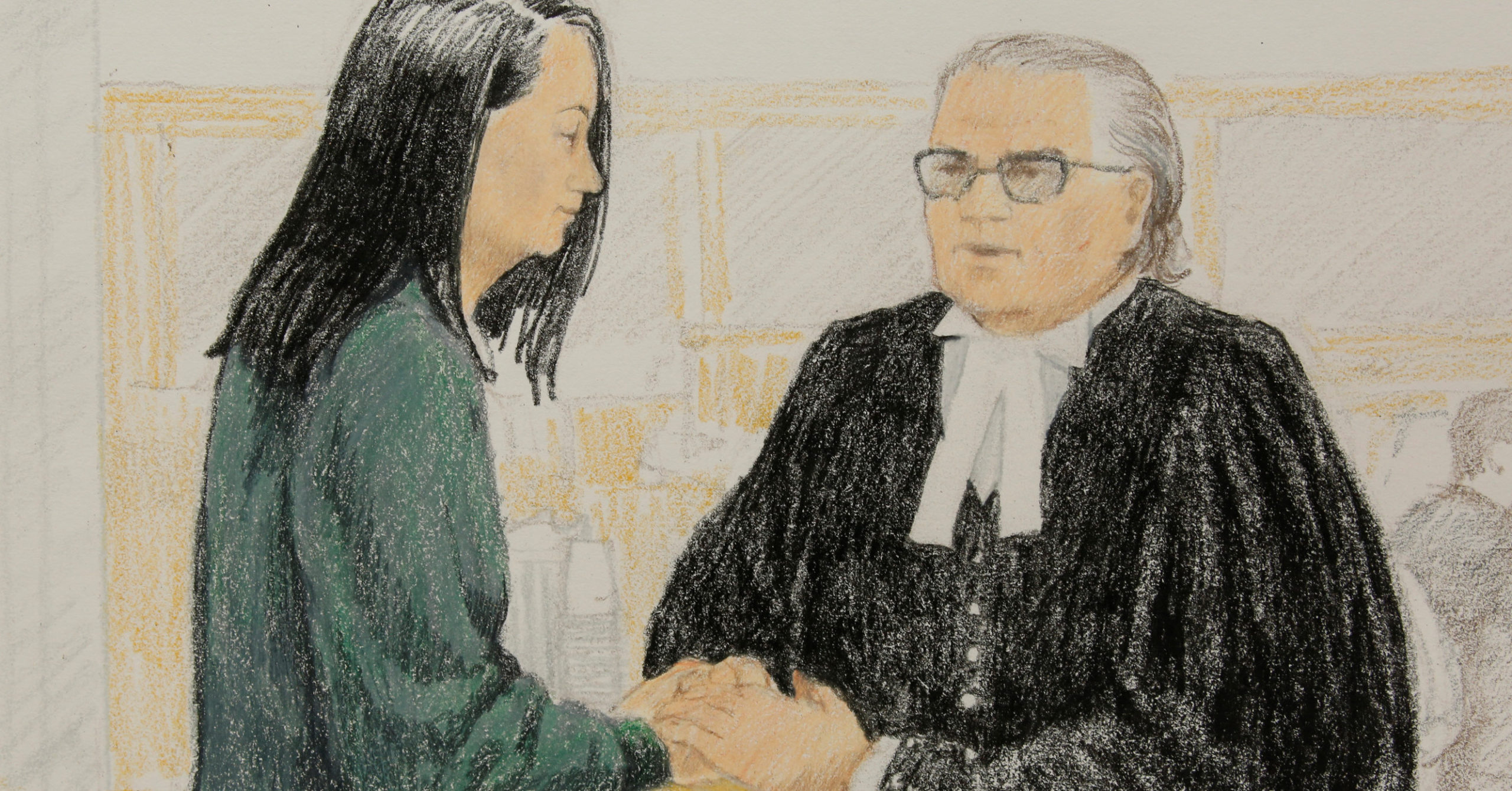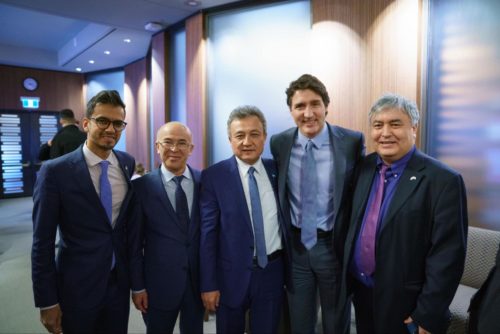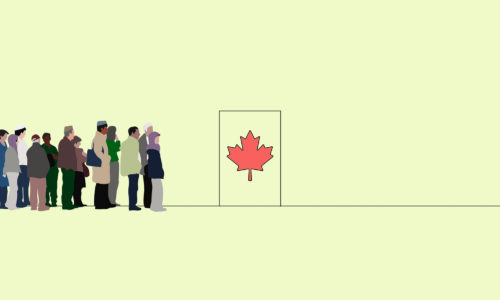Canada ‘trying to buy time’ as third citizen detained in China

The Toronto Star reports (porous paywall) that a third Canadian in China has been detained, amid a rapidly escalating tit-for-tat hostage situation following the arrest of Huawei CFO Mèng Wǎnzhōu 孟晚舟 in Vancouver at the beginning of the month.
- The Canadian government “is aware of a Canadian citizen detained in China,” Global Affairs Canada, the department in Ottawa handling diplomatic and consular affairs, said in a statement.
- Prime Minister Justin Trudeau “declined to provide more details” of the case, but said that unlike the first two that China said involved “serious crimes” relating to national security, other “cases” could involve “questions about visas.”
- The detainee is “not a diplomatic official, nor an entrepreneur operating in China,” sources told the National Post.
- A Conservative MP, Erin O’Toole, said that he had relayed concerns “about the possible detention of a young woman who was teaching English in China” to the foreign ministry yesterday. O’Toole and others are urging Trudeau to pick up the phone and raise concerns directly with General Secretary Xí Jìnpíng 习近平.
- Trudeau has resisted calling Xi, and has “said he does not believe that it helps the end goal of securing the release of Canadians detained abroad to ‘politicize’ or ‘amplify’ consular cases.”
- The Canadian Foreign Ministry has “held many meetings about the detainees but…a formal task force had yet to be created,” according to a source in Reuters.
- “At this point, Canada is trying to buy time by stressing it has a rules-based order and an independent judiciary,” the source added.
As the Canadian government decides on its strategy to get the hostages released, the Canadian Embassy in Beijing took to Weibo (in Chinese) to register its displeasure via trolling. Quartz report:
- The embassy posted on December 18 about the 70th anniversary of the Universal Declaration of Human Rights, which occurred on December 10.
- The post mentioned that December 10 also marked the 10th anniversary of “an equally important document” drafted by “a famous Chinese writer…who later won a Nobel Prize. Can you guess who it is?”
- The reference is to Liú Xiǎobō 刘晓波, of course, the famous dissident to one-party Communist rule, who died in detention last year and wrote Charter 08 calling for democracy in China a decade ago. The comments section on the post was disabled after it hit a little more than 1,300 replies. The trolling continued on the Canadian Embassy’s Twitter page.
In other China-Canada news:
- The hostage crisis has “halted negotiations” over a “highly coveted free trade deal” between the two countries, the Guardian reports.
- Tourism board “Destination Canada, wholly owned by the federal government, and its partners decided to ‘temporarily pause or postpone our current marketing efforts in China,’” Bloomberg says (porous paywall).
Last week, the Chinese ambassador to Canada labeled the arrest of Meng Wanzhou part of a U.S.-led “witch-hunt” against Huawei.
- The U.S. Justice Department has denied politics played a role in the arrest, with John Demers, head of the department’s National Security Division, emphasizing, “We follow [the] facts to see if there are violations of U.S. law.”
- Certainly, there is a “race for 5G supremacy” under way, though NPR reports that “it’s unlikely the [Trump] administration’s move will slow down China’s efforts to be the global leader” in the next-generation telecom technology, which has both economic and national security benefits.
- Huawei seems to be doing fine, in any case.
- The company “has secured more than 25 commercial contracts for 5G, slightly above the 22 the Chinese technology giant had announced in November,” Reuters reports, and said it has “shipped more than 10,000 base stations for the fifth generation of mobile communications.”
- It has also been “allowed by India to participate in 5G trials,” the Times of India reports. TechNode notes that those trials will begin “early next year,” and that “major telecom equipment suppliers Nokia, Ericsson and Samsung will also be taking part, but ZTE, Huawei’s rival in China, is apparently excluded.”
- India is the “world’s hottest mobile market,” CNN writes, and Huawei “accounted for about 3% of India’s fast-growing smartphone market in the quarter ended June, up from 1% a year earlier.”
Correction: While the Canadian embassy in Beijing did register its displeasure at several Canadian citizens being detained through Weibo on December 18, as we noted, it also posted separately on December 10 to mark the 70th anniversary of the Universal Declaration of Human Rights. We had implied incorrectly that there was no post on December 10.






